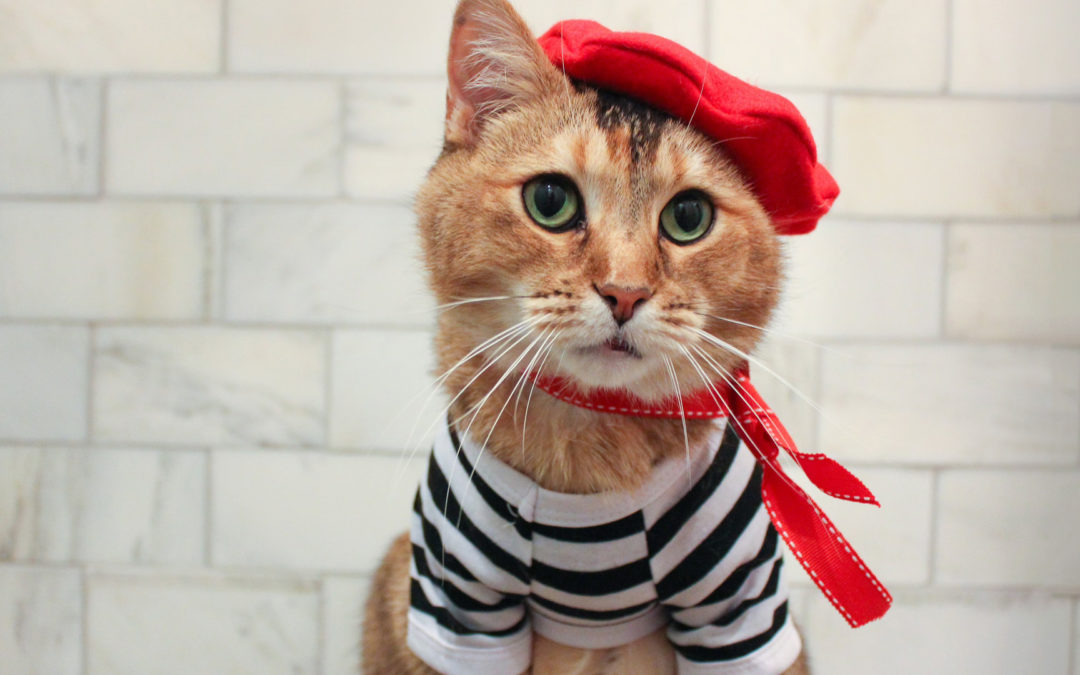I have just met a lot of feral cats in My Lady’s Manor in Monkton, Maryland, and I really like these feral cats! These are not the fighters on fire escapes I knew when I lived in inner-city apartments.
Slightly before Thanksgiving, I was invited to set up an open mic by Angelo Otterbein, the new owner of the new Manor Mill in My Lady’s Manor in Monkton, Maryland.
So what is an open mic? What is My Lady’s Manor? Where is Monkton, Maryland, and who are these feral cats?
The town of Monkton is about 45 minutes north of Baltimore and about 5 minutes south of the Pennsylvania boarder and the Mason-Dixon line. It includes a old grist mill, a miller’s house, a small hotel with a little cluster of houses next to the Gun Powder river, all nestled around a mid-1800s whistle-stop of the defunct North Central Railroad, the tracks of which are now a walking trail that runs next to the river.
In 1713, Charles Calvert, 3rd Baron of Baltimore, made a 10,000 acre gift of land to his fourth wife and christened the estate “My Lady’s Manor.” Monkton and My Lady’s Manor are known for sprawling countryside, horse farms, and old, stately homes set back from the country roads.
Angelo recently purchased the old grist mill and has revived and converted it into a historically renovated creative arts center, and the old Hotel now houses trout fishermen and nature walkers.
An open mic is an invitation to performers — poets, in this case — to stand and deliver their work in front of a live listening audience.
These cats are poets.
As a lawyer for over 30 years, my professional life offered me a chance to submit plays I wrote to the Baltimore Playwright’s Festival, but I had little or no access to local poets.
Angelo’s invitation to develop an open mic on Monday evenings unexpectedly provided the opportunity to meet the poets of the region, and it has been amazing to watch these cats in front of an open mic.
These cats are poets because they observe and take the time to write down what they observe and, by committing to this practice, they develop their own voice.
The more one writes, the more one discovers one’s own voice.
It is a solo voice that is created through omission and selection. What you leave in and what you leave out. It is your speaking voice on paper, but it is a solo voice.
All of a sudden, I have been surrounded by a wonderful collection of solo voices that are quite different from each other’s and from my own. All of a sudden, I discovered there are small but selective poetry magazines, published all around me, whether on paper or virtually. It is a world alive and well, created by this remarkable community of feral cats.
Over the last few months, I have been putting together these open mics on the first Monday of every month. The hustle and bustle of the Manor Mill — which features painters, musicians, metal sculptors, basket weavers, and textile artists, teaching and learning from each other — subsides on Monday evening, and the mill is surrendered to the open mic and poets.
The Manor Mill is a remarkable place, far from urban environments. It draws people who have often never met before. It takes incredible courage to stand up in front of strangers and speak, but it takes even more courage to stand behind your voice and deliver a vision in the form of a poem to strangers.
It is exciting to witness this courage, and walk into a world of so many new articulate voices. They speak differently. They think differently. They approach poetry in so many original ways.
Poetry is the most flexible art form available in language because of line breaks, intentional rhythms and rhymes, and the limitless themes available, because ideas and expression can be shaped in ways that are less constrained than sentences, paragraphs and chapters.
It is astounding how wild and creative these people are, and how much I have learned from them in such a short time as I find my new voice and learn to listen to others in this beautiful new welcoming environment.

